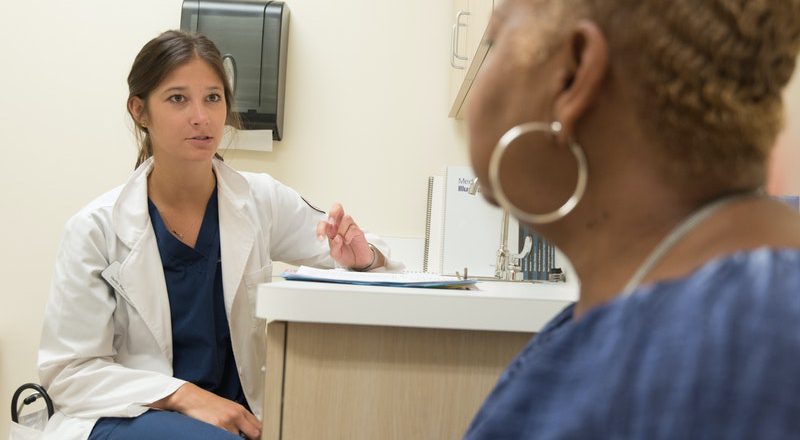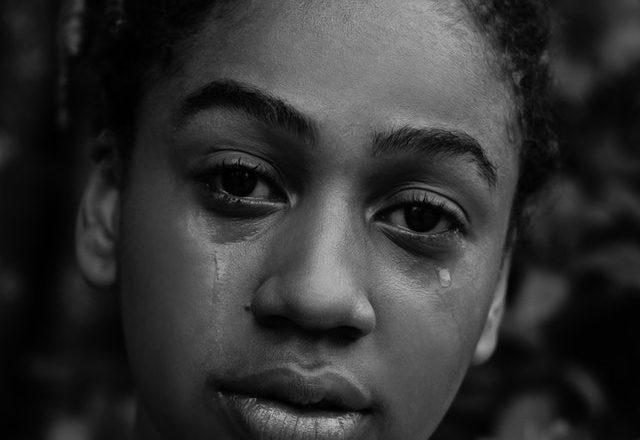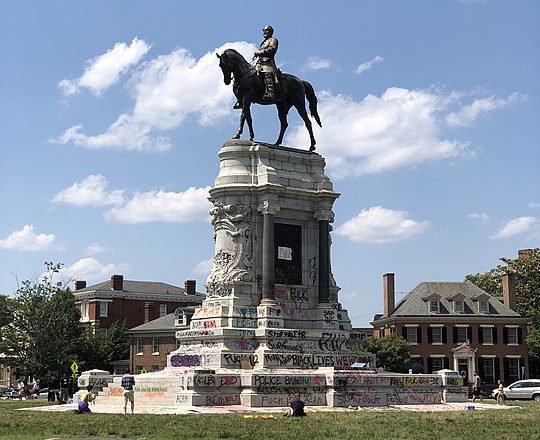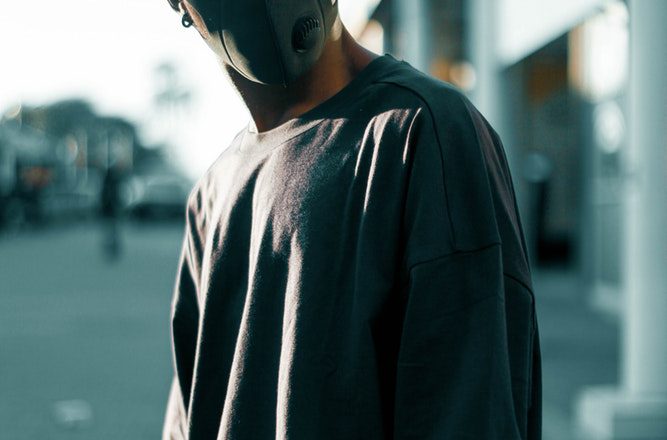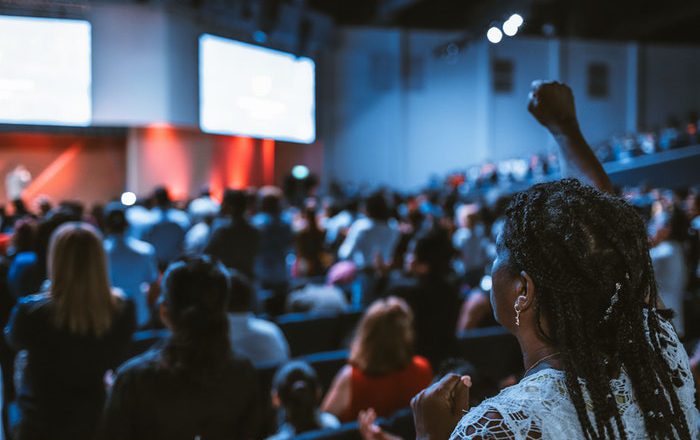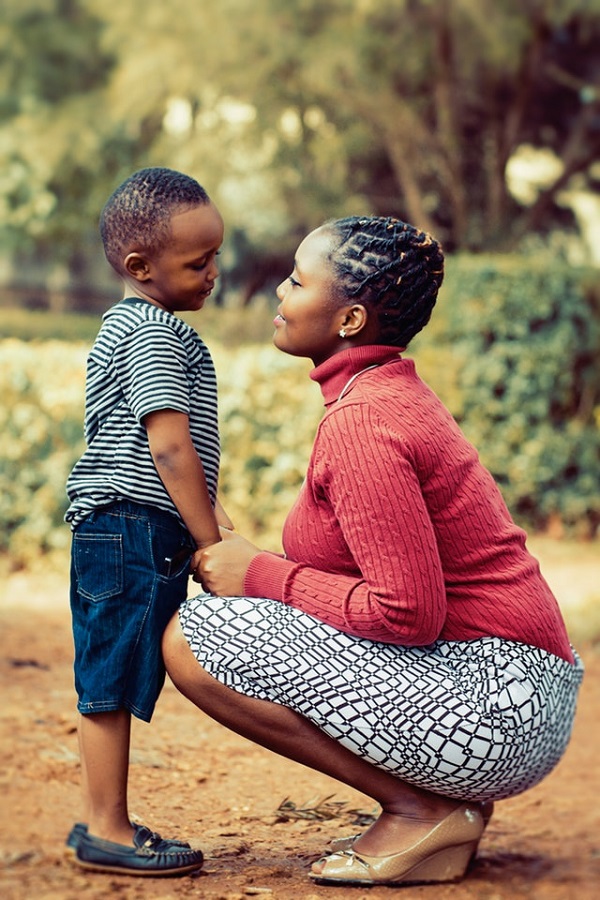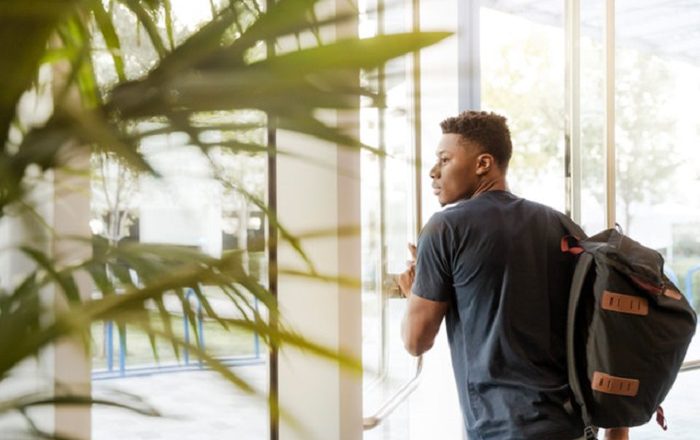Why African Americans Need To Take The COVID-19 Vaccine – What’s Not Being Said
Dr. Anthony Fauci and other national health leaders have said that African Americans need to take the COVID-19 vaccine to protect their health. What Fauci and others have not stated is that if African Americans don’t take the vaccine, the nation as whole will never get to herd immunity.
The concept of herd immunity, also referred to as community immunity, is fairly simple. When a significant proportion of the population, or the herd, becomes immune from the virus, the entire population will have some acceptable degree of protection. Immunity can occur through natural immunity from personal infection and recovery, or through vaccination. Once a population reaches herd immunity, the likelihood of person-to-person spread becomes very low.
The big lie is one of omission. Yes, it is true that...

